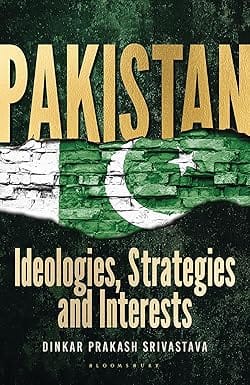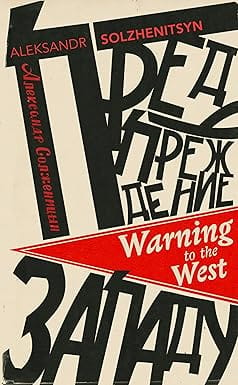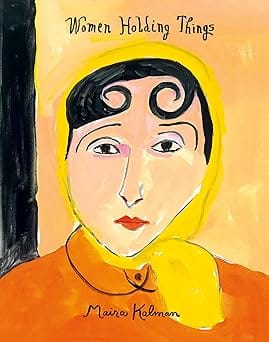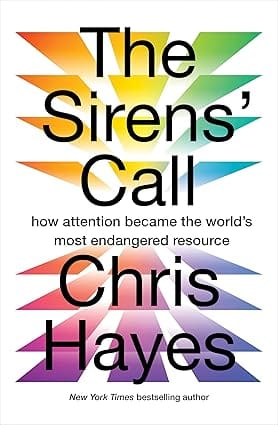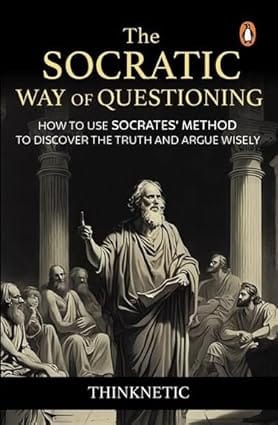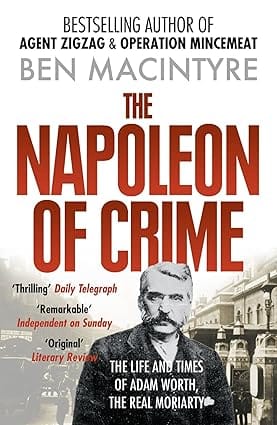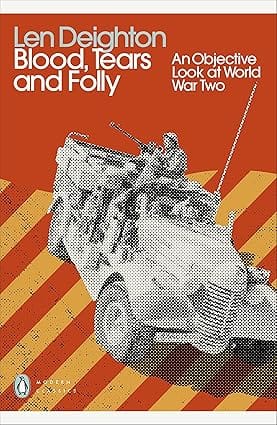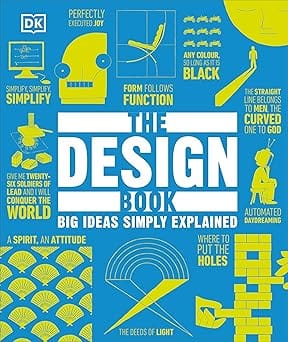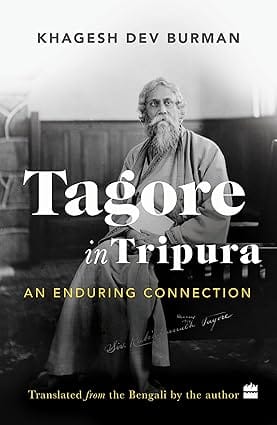- Contemporary Fiction
- Contemporary Fiction
- Children
- Children
- Comics & Graphic Novels
- Comics & Graphic Novels
- Non-Fiction
- Non-Fiction
- Fiction
- Fiction
The ideology of Pakistan is not defined, but it has a pervasive influence over the state and society. Ayub stated that this ideology is Islam. General Asim Munir equates it with the Two-Nation Theory.
The idea of a distinct Muslim identity was shaped by Sir Syed Ahmad Khan, Iqbal and Jinnah. They saw it in terms of conflict with the majority Hindu community. This view was challenged by Maulana Madani, who called for composite nationality. He was criticized by Iqbal and Maududi.
In his famous speech of 11 August 1947, Jinnah said that religion has nothing to do with the business of the State. This proved to be a short-lived departure from his Two-Nation Theory. Kaliquzzaman, who succeeded Jinnah as president of Pakistan's Muslim League, has an interesting explanation for Jinnah's about-turn.
The Lahore Resolution called for independent 'states'; Jinnah tried to change it to 'state'. This ambivalence could not be wished away and eventually led to the emergence of Bangladesh. The Baloch struggle shows that the idea of nationality remains alive.
The Pakistan Army regards itself as the defender of the country's territorial and ideological frontiers. Do its Afghanistan, Kashmir and nuclear policies reflect ideologies, strategies or territorial interests? The Army's legitimacy is now being challenged by Imran's supporters.
The increasing radicalization of Pakistani society has implications beyond the region. It is no coincidence that Al Qaeda's leadership found sanctuary in Pakistan after 9/11. Though the country has received twenty-five IMF bailout packages, its economy remains in a precarious state.
In Pakistan: Ideologies, Strategies and Interests Dinkar Srivastava traces Pakistan's evolution and drift to an uncertain future.
Review
'A fascinating study of the underlying motivating factors that govern [Pakistan's] actions . this book must be at the top of the reading list of those interested in knowing what makes Pakistan tick and comprehending where it is headed' -- Satish Chandra, former Indian High Commissioner to Pakistan and Deputy National Security Adviser - Reviewer
'The book is a timely reminder of the relevance of Maulana Madani's call for composite nationalism as we Indians grapple with the selective killing of Hindus in Pahalgam following Pakistan Army chief General Munir's attempt to revive the extinct Two-Nation Theory' -- Sultan Shahin, Founder Editor, NewAgeIslam.com - Reviewer
'A must-read narrative for policymakers and students of international relations. Highly recommended' -- N.N. Vohra, former Governor of Jammu and Kashmir (2008–2018) - Reviewer
Book Description
Pakistan Ideologies, Strategies And Interests
SIZE GUIDE
- ISBN: 9789361316746
- Author: Dinkar Prakash Srivastav
- Publisher: Bloomsbury
- Pages: 312
- Format: Hardback
Book Description
The ideology of Pakistan is not defined, but it has a pervasive influence over the state and society. Ayub stated that this ideology is Islam. General Asim Munir equates it with the Two-Nation Theory.
The idea of a distinct Muslim identity was shaped by Sir Syed Ahmad Khan, Iqbal and Jinnah. They saw it in terms of conflict with the majority Hindu community. This view was challenged by Maulana Madani, who called for composite nationality. He was criticized by Iqbal and Maududi.
In his famous speech of 11 August 1947, Jinnah said that religion has nothing to do with the business of the State. This proved to be a short-lived departure from his Two-Nation Theory. Kaliquzzaman, who succeeded Jinnah as president of Pakistan's Muslim League, has an interesting explanation for Jinnah's about-turn.
The Lahore Resolution called for independent 'states'; Jinnah tried to change it to 'state'. This ambivalence could not be wished away and eventually led to the emergence of Bangladesh. The Baloch struggle shows that the idea of nationality remains alive.
The Pakistan Army regards itself as the defender of the country's territorial and ideological frontiers. Do its Afghanistan, Kashmir and nuclear policies reflect ideologies, strategies or territorial interests? The Army's legitimacy is now being challenged by Imran's supporters.
The increasing radicalization of Pakistani society has implications beyond the region. It is no coincidence that Al Qaeda's leadership found sanctuary in Pakistan after 9/11. Though the country has received twenty-five IMF bailout packages, its economy remains in a precarious state.
In Pakistan: Ideologies, Strategies and Interests Dinkar Srivastava traces Pakistan's evolution and drift to an uncertain future.
Review
'A fascinating study of the underlying motivating factors that govern [Pakistan's] actions . this book must be at the top of the reading list of those interested in knowing what makes Pakistan tick and comprehending where it is headed' -- Satish Chandra, former Indian High Commissioner to Pakistan and Deputy National Security Adviser - Reviewer
'The book is a timely reminder of the relevance of Maulana Madani's call for composite nationalism as we Indians grapple with the selective killing of Hindus in Pahalgam following Pakistan Army chief General Munir's attempt to revive the extinct Two-Nation Theory' -- Sultan Shahin, Founder Editor, NewAgeIslam.com - Reviewer
'A must-read narrative for policymakers and students of international relations. Highly recommended' -- N.N. Vohra, former Governor of Jammu and Kashmir (2008–2018) - Reviewer
Book Description
User reviews
NEWSLETTER
Subscribe to get Email Updates!
Thanks for subscribing.
Your response has been recorded.

India's Iconic & Independent Book Store offering a vast selection of books across a variety of genres Since 1978.
"We Believe In The Power of Books" Our mission is to make books accessible to everyone, and to cultivate a culture of reading and learning. We strive to provide a wide range of books, from classic literature, sci-fi and fantasy, to graphic novels, biographies and self-help books, so that everyone can find something to read.
Whether you’re looking for your next great read, a gift for someone special, or just browsing, Midland is here to make your book-buying experience easy and enjoyable.
We are shipping pan India and across the world.
For Bulk Order / Corporate Gifting
 +91 9818282497 |
+91 9818282497 |  [email protected]
[email protected]
Click To Know More
INFORMATION
QUICK LINKS
ADDRESS
Shop No.20, Aurobindo Palace Market, Near Church, New Delhi

